Does Drinking Wine Lead To Weight Gain? What You Need To Know
The answer is more complicated (and surprising) than you may have imagined.

Image: Shutterstock
Wine is a heart-healthy drink. But, can drinking wine lead to weight gain? A good glass of wine, whether it is a nice full-bodied and sophisticated white wine or delicious Rosè, it is admired and relished by many. It is one of the oldest fermented beverages, and its roots can be traced back to the Egyptian, Greek, and Roman civilizations. From its early days, wine was known to have many health benefits. It was also used for medicinal purposes (1). But, technology has advanced, life has become simpler, and we have become lazy and sedentary over time. So, is it still okay to drink wine? Does it have the same health benefits? Or can drinking wine cause weight gain? Give this post a read to get all the answers. Scroll down!

 Trivia
TriviaIn This Article
Does Drinking Wine Lead To Weight Gain?

To answer this question, you need to understand that any food you consume contains calories. Based on the number of calories you consume and burn, will reflect your weight gain or loss. Eating too many calories and not burning them by exercising or leading a sedentary lifestyle will lead you to be overweight, potentially contributing to health issues such as obesity, stroke, cardiovascular issues, diabetes, and so on (2).
According to the National Health and Nutrition Examination Survey conducted from 2017 to March 2025, the prevalence of obesity among children and adolescents aged 2 to 19 years was 19.7%. For adults aged 20 and older, the age-adjusted prevalence of obesity was 41.9%, while severe obesity was observed in 9.2% of the population.
On the other hand, maintaining a calorie-deficit diet may help in weight management, but there there is no conclusive evidence to prove that a calorie-deficit diet will aid in weight loss (3).
Dry wines tend to have a lesser amount of calories as they have lesser sugar content in comparison to other sweet wines, and sparkling wines have the least amount of calories. On average a wine glass can hold about 140-150ml of wine and per serving of this quantity contains about 120-130 calories (4). Since wine is a fermented alcoholic beverage made from grapes, it naturally contains calories, thereby you end up consuming calories in liquid form.
In moderation, consuming wine does not lead to weight gain (1). However, the word moderation cannot be stressed enough in this context, as moderation is extremely subjective to each individual, based on their age, activity levels, body composition, and environmental conditions. Having a glass of wine every day may not lead to weight gain, but when you begin to increase the number of servings and their frequency you are also increasing your calorie intake. Prolonged wine consumption of excessive amounts of calories without burning them will lead to weight gain (2).
Kristy, a blogger, gave up on her healthy diet and workout for a month and started consuming cheese and wine. However, she trained for a marathon during this period. She states in one of her blog posts, “Yes, I’ve been training for the Paris Marathon coming up April 3rd, but I’ve gained 10lbs. Yup. Ok. The conclusion to my unofficial experiment is you gain weight if all you eat is cheese and all you drink is wine, despite running (i).”
Now you may be wondering if all the wine drinking is going to make your gut pop or give you wine belly? Is wine belly even a thing? And how different is it from a beer belly?
Key Takeaways
- A serving of 140-150 ml of wine contains 120-130 calories, so drinking a glass of wine a day is fine.
- Consumption of excessive wine without burning the extra calories may increase weight.
- Prolonged and excessive alcohol consumption may affect the endocrine system, causing thyroid disorders.
- You can follow some simple tips to stay healthy, such as avoiding drinking it at night.
Wine Belly vs Beer Belly

There isn’t much of a difference between a beer belly and a wine belly. Interestingly, neither beer nor wine directly correlates to the expansion in your waistline and protrusion of your gut. Yes, beer and wine both contain calories and as previously stated consuming excess calories does lead to weight gain. Ergo, consuming excessive amounts of beer or wine lead to overall weight gain in your body and is not specifically restricted to your belly region (5).
Apart from the wine or the beer that you drink, you also tend to pair a lot of high-calorie foods to accompany your glass of wine or a pint of beer. Food such as pizza, burger, pasta, and fried food such as nachos and chips contain a lot of fat and carbs that add to your calorie intake.
These fast foods are high in taste, low in nutrition value, and have a low filling ability that makes you crave for more. The carbohydrate content in these foods is of low quality due to their highly processed nature and tends to lead to weight gain (6).
So, what if you are consuming alcohol or wine in moderation or occasionally and you’re watching your weight by keeping a check on your calorie intake. Despite all this, you have a bigger belly. Is this because of the alcohol or is it because of some of your hormones?
Alcohol Belly Vs Hormone Belly
As previously stated that wine, beer, or alcohol directly result in gaining weight around your belly, rather you tend to gain overall body weight. But does consuming alcoholic beverages lead to changes in your hormones and does this change, in turn, lead to weight gain?
There is enough and more evidence to prove that alcohol consumption is injurious to your health. It can permeate through every single one of your internal organs and cause damages to your tissues that could lead to your organs dysfunctioning. It also attacks your endocrine system, one of the most important systems in your body that is responsible for communicating between the various organs, glands, and the central nervous system. The endocrine system is also responsible for regulating the pituitary gland that controls the release of hormones in your body. Prolonged and excessive consumption/abuse of alcohol and alcoholic beverages leads to the disruption of these systems and may result in various thyroid disorders that interfere with your hormonal production and affect your metabolism and energy levels (7).
If you do want to put this to the test, to see if it’s the alcohol or your hormones that are making you gain weight, stop drinking wine or any alcoholic beverage for about a month. Pair this hiatus from drinking with a well-rounded and balanced diet. This doesn’t mean that you go on a crash diet of just vegetables and soup. Eat the foods that you would normally eat and make small changes like adding a portion of green leafy vegetables and cutting out sugary foods. This may help you understand whether the weight you are gaining is attributed to the wine and alcohol or if you have hormonal issues (which is determined through a blood test). Even if you are gaining weight because of hormonal issues, the simple thing you can do is avoid alcohol as it is inherently bad for you (7).
Having understood that wine in moderate quantities is fine and you can enjoy the occasional glass or two, but, what about that bloated feeling after?
Does Wine Make You Bloated?

Yes, wine makes you feel bloated because it contains yeast. Wine is an alcoholic beverage. When consumed in large quantities, it tends to overwhelm your gastrointestinal tract and causes inflammation that results in a bloated feeling (8). Some of you may feel bloated after a single glass of wine, while others may consume more than a glass and down a bottle and not feel bloated, it tends to vary from person to person.
 Quick Tip
Quick TipNow that you know the pros and cons of drinking wine and have understood what causes your beer belly or wine belly, you are better informed about wine and its effects on your health. If you still want to have wine as part of your life and are wanting to maintain that balance between a healthy lifestyle and a bit of fun, here are a few ways to do that.
Ways To Drink Wine And Stay Healthy
When it comes to leading a healthy lifestyle, as a general practice you should avoid alcohol of all forms. However, wine is a bit different from your regular alcohol as it contains a compound called resveratrol that is found in the grapes that are used in winemaking. Resveratrol is an antioxidant that is known to be anti-inflammatory in nature and is also believed to have the property to keep cardiovascular diseases at bay when consumed in a limited quantity (10). Nevertheless, it is advisable to consume wine in moderation while maintaining a healthy and balanced diet and following these tips to stay healthy while drinking wine.
- Eat First, Drink Later
There are two reasons why you should avoid drinking wine before your meals. The first reason is that wine on an empty stomach makes you tipsy really quickly when compared to drinking wine once you’ve had something to eat. The second reason is that wine or alcohol for that matter tends to stimulate your appetite receptors and you tend to overeat. Drinking wine after your meals is ideal, as you don’t feel tipsy very soon and it is easier for your body to absorb the calories present in the wine along with calories that are present in your meal (9).
- Keep A Check On Your Calorie Count Per Glass
A glass of wine or per serving is about 145-150ml, which on average contains 120-130 calories. On average, women need 2,000 calories, and men need 2,500 calories per day (11). However, this will vary depending on the person’s height, weight, physical activity, and overall lifestyle. Keeping this overall calorie requirement in mind, you need to factor in the number of calories you want to consume in the form of wine.
- Avoid Drinking Wine Late At Night
Just as how you avoid eating your meals late at night, avoid drinking wine late at night as your body tends to break down wine instead of burning fat. Instead, maintain a gap of two to three hours between your meal and bedtime, this is applicable to your wine drinking as well. Studies have shown that consuming a late meal and sleeping immediately increases the risk of diabetes and cardiovascular diseases (12).
- Choose Dry Red Wine
Dry red wine, in comparison to other wines, has more antioxidants that have a positive influence on your body when consumed in moderation (10). It is also important that you keep in mind the level of alcohol present in your wine bottle. When choosing your wine try and look for a bottle that has less than 13.5% ABV. Before adding red wine to your menu, it’s crucial to know everything about it, including benefits of red wine, side effects, uses, etc. However, as with any drink that has alcohol content, you should keep your intake in check, allowing you to reap the health advantages without overindulging.
- Buy Expensive Wine
When you buy an expensive bottle of single malt whiskey or any expensive alcohol for that matter, you aren’t going to finish it all off in one night. You are likely to drink it less often as you want to preserve it for a special occasion. The same logic applies to buying an expensive bottle of wine where you save that for a special occasion and savor it with people who are special and close to you. Besides, if you keep spending money on expensive wine, you are likely to have financial issues and that is something you wouldn’t want, right?
Now you’re wondering if you follow these tips and tricks with wine and maintain a healthy lifestyle, can you do the same with other alcohol?
How To Drink Alcohol Without Gaining Weight?

All through this article, you have read that alcohol is bad for your health, is loaded with calories, and has a negative impact on your gastrointestinal system making you feel bloated (8). Despite knowing all of this information, if you are still wondering if you can include alcohol in your lifestyle or its presence is inevitable, here are a few things that you need to know.
- Calorie Count Varies For Each Alcohol
The options are wide when it comes to alcohol; beer, gin, vodka, tequila, rum, and the list goes on. The calorie count per serving for each of these alcoholic beverages differs. For instance, a pint of beer (335 ml) has about 153 calories, whereas a pint of light beer has 103 calories. Rum has anywhere between 97-120 calories per serving of 45 ml. The drink with the least amount of calories is vodka with 97 calories (4). It is important to note that these calorific values apply only if you are drinking them on the rocks or with water, the moment you add coke, soda, tonic water, or any mixer, the calorie rises significantly.
- Avoid Oily, Fried, Processed, And Fatty Food
You know that the alcoholic beverage of choice has a good amount of calories and adding mixers in the form of processed juices and sodas will increase that calorie count even more. So, be mindful of the food you consume along with your alcohol. Foods like pizzas, French fries, and onion rings are loaded with calories and saturated fats. Instead, you could try swapping these foods with a cucumber salad or carrots or nuts, which are healthier options.
- Stay Hydrated
Water is your best friend when you are out drinking. Drink a glass of water before your first drink, keep drinking water in-between your round of drinks, and drink water after your round of drinks. It is essential to stay hydrated when you drink as water helps avoid dehydration that leads to hangovers. Also drinking a lot of water makes you feel full and you may end up drinking less alcohol, thereby avoiding those extra calories.
Maintaining a healthy lifestyle and drinking wine while doing so may be a bit challenging. What to do with the weight that you’ve gained because of wine and how do you lose that weight ?
How To Lose Belly Fat Gained Due To Alcohol?

All the alcohol drinking and wine that you’ve been drinking has slowly begun to catch up with you and your belly seems to be popping out. How do you get rid of this? Go on a crash diet? Do a zillion crunches? Live only on bread and water? No! None of these will help get rid of that belly fat. It takes consistent and conscious lifestyle changes to get back into shape.
Here are a few simple and doable lifestyle changes that you can make to get back into shape.
- Reducing Your Calorie Intake
This is the most important thing to do, cutting down on the number of calories that you consume. It does not mean that you starve yourself to death. It simply means you reduce the amount of high-calorie and processed foods from your diet. Avoiding sugary drinks, and fried foods is one simple way of going about it.
- Cutting Down On Portions
You can enjoy your pizza or ice cream and still lose weight. All you have to do is reduce the amount of pizza or ice cream or any of your favorite snacks. For instance, if you eat a whole large pizza by yourself in one sitting, eat a small personal-sized pizza instead. Rather than gorging on a tub of your favorite ice cream, limit yourself to a single scoop.
- Eating Healthy Food
Ensure that you include green leafy vegetables and fruits as a part of your diet. Eat foods such as oats, barley, beans, and whole grains as they are rich in fiber and fiber is good for your gut.
- Walk Every Day Or Add A Small Workout.
Making changes to your diet is great, it makes you feel good and helps keep you healthy. But, if you really want to accelerate your weight loss, you need to burn those calories, and what better way to do that than some good old-fashioned exercise.
A simple 30-minute walk or climbing a flight of stairs for a couple of minutes will help you burn more calories. If you have the time or can make time in your busy schedule, try and do High-Intensity Interval Training (HIIT) that combines elements of cardio and strength training.
If you have a notion that by doing a zillion crunches you will lose your belly fat, you are sorely mistaken. There is no such thing as a spot reduction. The weight that you’ve gained is over time and only by putting in the time and effort, you will lose that weight.
Infographic: Red Wine: Overall Benefits
Many studies suggest that a moderate intake of red wine may promote health and aid in disease prevention. However, not many are aware of these beneficial effects and safety limits for alcohol intake. The following infographic lists some of the key benefits of red wine and defines how much is safe to consume every day. Take a look.
Some thing wrong with infographic shortcode. please verify shortcode syntax
Wine is loved by many and is popularized as a heart-healthy drink. But does it make you gain weight? While having wine in moderation may not cause any negative effects, excess intake can lead to weight gain and bloating. Hence, sticking to 1 or 2 glasses in a day is advised. You can also reduce the risk of weight gain by eating first and drinking later, and checking the calorie count per glass. Go for dry red wine and avoid drinking wine late at night to further control the associated weight gain.
Frequently Asked Questions
Does red wine have fewer calories than white wine?
Red wine and white wine generally have a similar calorie content. If you note the slight differences, you will find red wine often slightly more caloric than white wine. A 5-ounce serving of red wine usually has between 125 and 130 calories, depending on the type and alcohol content (13). White wine typically has 120–125 calories per 5-ounce serving (14).
Does drinking wine increase your appetite?
Wine can directly or indirectly affect your appetite. It may stimulate insulin and glucagon production in the body, increasing hunger levels.
Does drinking wine affect your blood sugar levels?
Wine and beer are rich in carbohydrates and increase blood sugar levels with each consumption. However, wine has minimal impact on blood sugar levels when consumed with meals.
Can drinking wine help reduce cholesterol levels?
A controlled quantity of red wine may positively impact the body by maintaining healthy cholesterol levels. It also contains polyphenols that lower LDL cholesterol (15). However, excessive alcohol consumption has been linked to high levels of cholesterol and triglycerides.
Can drinking wine help boost your immune system?
Red wine contains antioxidants that can help the body combat oxidative stress and inflammation. Researchers argue that moderate consumption of red wine may benefit the immune system (16).
Illustration: Does Drinking Wine Make You Gain Weight? Here&039s The Truth!

Image: Dall·E/StyleCraze Design Team
Does wine make you gain weight? Find out in this video! It explores the effects of wine on your weight and health. Get the facts and make an informed decision.
Personal Experience: Source
StyleCraze's articles are interwoven with authentic personal narratives that provide depth and resonance to our content. Below are the sources of the personal accounts referenced in this article.
i. It’s official, you gain weight when you only eat cheese and drink winehttps://thefitwanderluster.wordpress.com/2015/12/23/its-official-you-gain-weight-when-you-only-eat-cheese-and-drink-wine/
References
Articles on StyleCraze are backed by verified information from peer-reviewed and academic research papers, reputed organizations, research institutions, and medical associations to ensure accuracy and relevance. Read our editorial policy to learn more.
- Wine And Health: A Review Of Its Benefits To Human Health
https://www.researchgate.net/publication/331202707_Wine_and_health_A_review_of_its_benefits_to_human_health - Calories
https://www.researchgate.net/publication/330848539_Calories - Investigating The Effects Of Negative Calorie Diet Compared With Low-Calorie Diet On Weight Loss And Lipid Profile In Sedentary Overweight / Obese Middle-Aged And Older Men
https://www.researchgate.net/publication/270003124_Investigating_the_Effects_of_Negative_Calorie_Diet_Compared_with_Low-Calorie_Diet_on_Weight_Loss_and_Lipid_Profile_in_Sedentary_Overweight_Obese_Middle-Aged_and_Older_Men - Calorie Count – Alcoholic Beverages
https://medlineplus.gov/ency/patientinstructions/000886.htm - Beer Consumption And The ’beer Belly’: Scientific Basis Or Common Belief?
https://pubmed.ncbi.nlm.nih.gov/19550430/ - Consumption Of Fat, Protein, And Carbohydrate Among Adolescents With Overweight / Obesity
https://www.researchgate.net/publication/331733602_Consumption_of_Fat_Protein_and_Carbohydrate_Among_Adolescent_with_Overweight_Obesity - Pathophysiology Of The Effects Of Alcohol Abuse On The Endocrine System
https://www.ncbi.nlm.nih.gov/labs/pmc/articles/PMC5513689/ - Alcohol And Gut-Derived Inflammation
https://www.ncbi.nlm.nih.gov/labs/pmc/articles/PMC5513683/ - Effects Of Alcohol On Food And Energy Intake In Human Subjects: Evidence For Passive And Active Over-Consumption Of Energy.
https://www.researchgate.net/publication/8331300_Effects_of_alcohol_on_food_and_energy_intake_in_human_subjects_Evidence_for_passive_and_active_over-consumption_of_energy - Contribution of Red Wine Consumption to Human Health Protection
https://www.ncbi.nlm.nih.gov/labs/pmc/articles/PMC6099584/ - How many calories should I eat a day?
https://www.researchgate.net/publication/324943266_How_many_calories_should_I_eat_a_day - The Influence of Meal Frequency and Timing on Health in Humans: The Role of Fasting
https://www.ncbi.nlm.nih.gov/labs/pmc/articles/PMC6520689/#B59-nutrients-11-00719 - Alcoholic beverage, wine, table, red
https://fdc.nal.usda.gov/food-details/173190/nutrients - Alcoholic beverage, wine, table, white
https://fdc.nal.usda.gov/food-details/174837/nutrients - Red Wine Consumption and Cardiovascular Health
https://www.ncbi.nlm.nih.gov/pmc/articles/PMC6804046/ - Moderate alcohol consumption and the immune system: A review
https://www.cambridge.org/core/journals/british-journal-of-nutrition/article/moderate-alcohol-consumption-and-the-immune-system-a-review/D340A16DDC772F6F2625001BD4AD430B
Read full bio of Raelene Soler
Read full bio of Varsha Patnaik
Read full bio of Ravi Teja Tadimalla
Read full bio of Payal Karnik









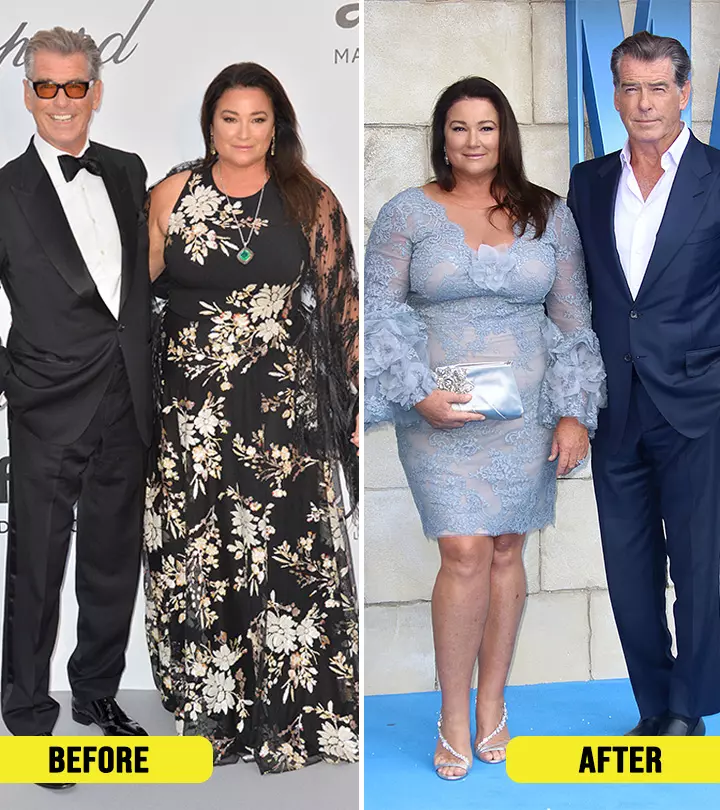
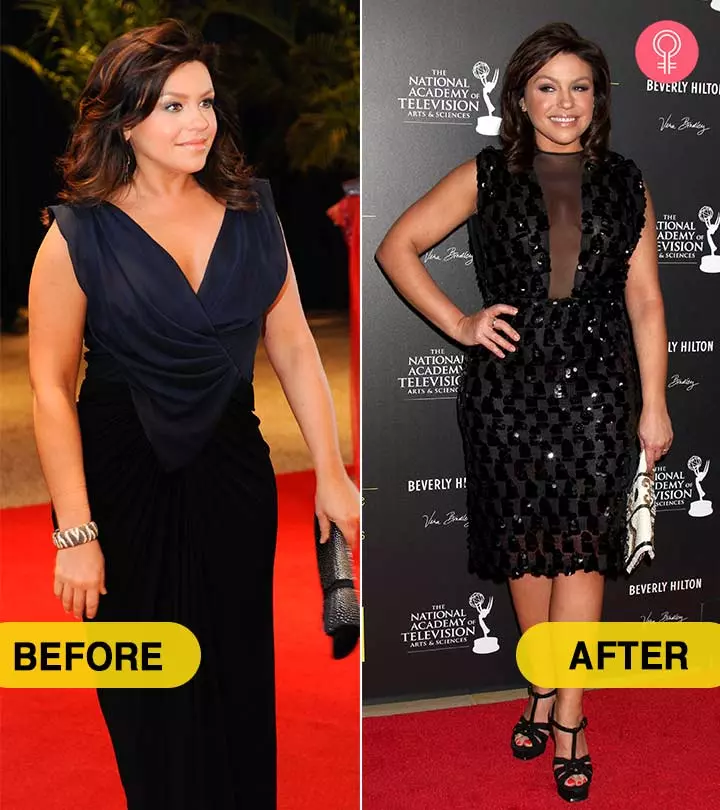


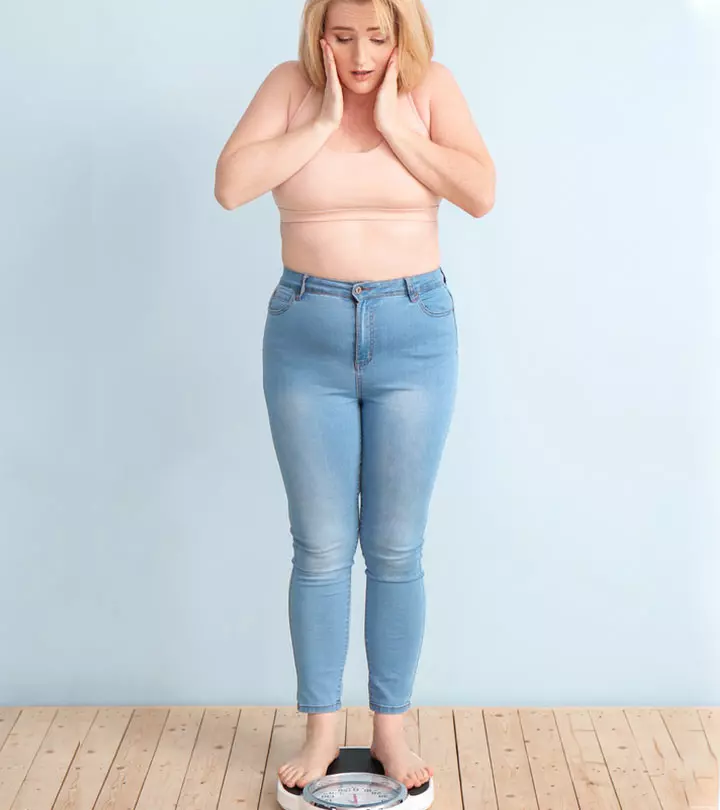

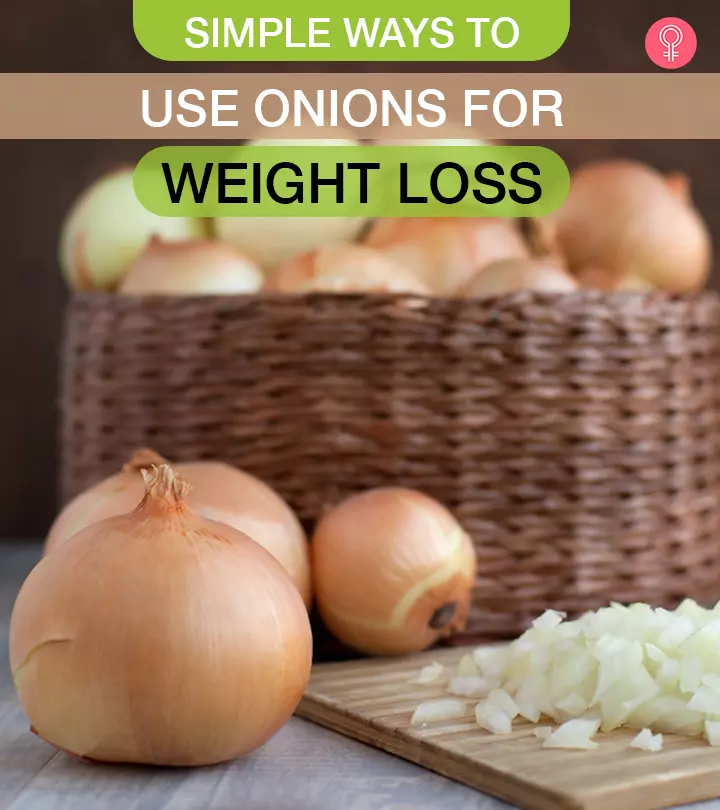

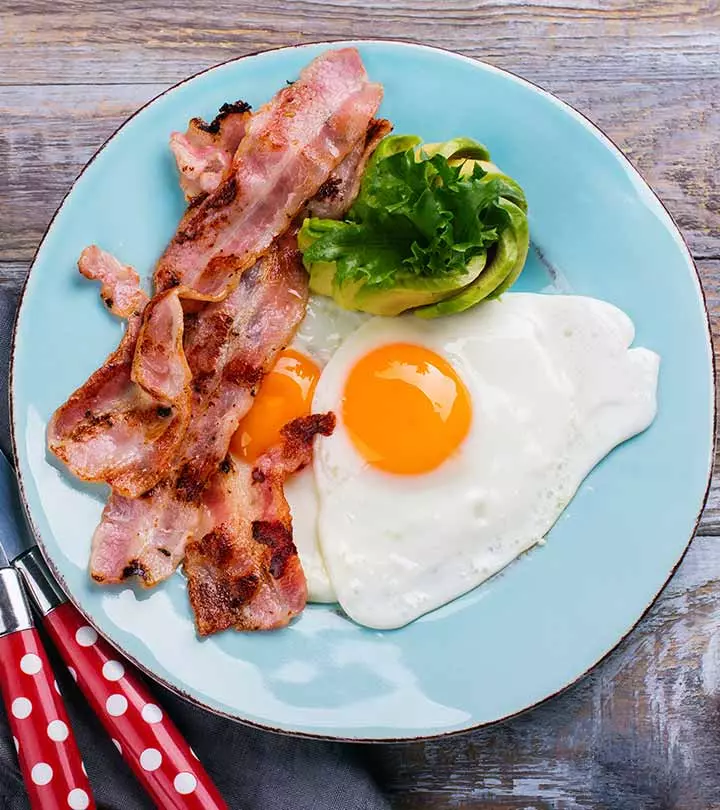
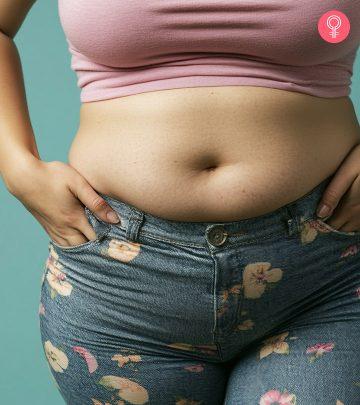




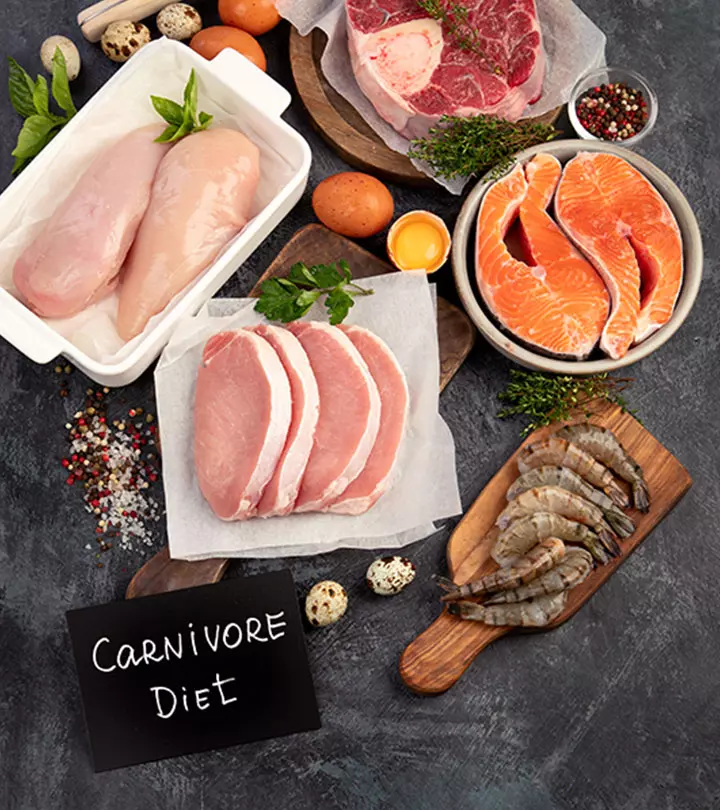


Community Experiences
Join the conversation and become a part of our empowering community! Share your stories, experiences, and insights to connect with other beauty, lifestyle, and health enthusiasts.